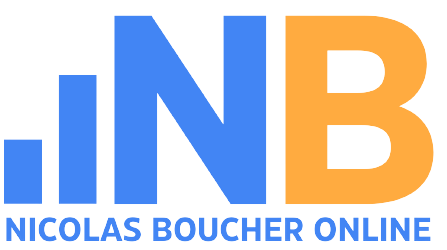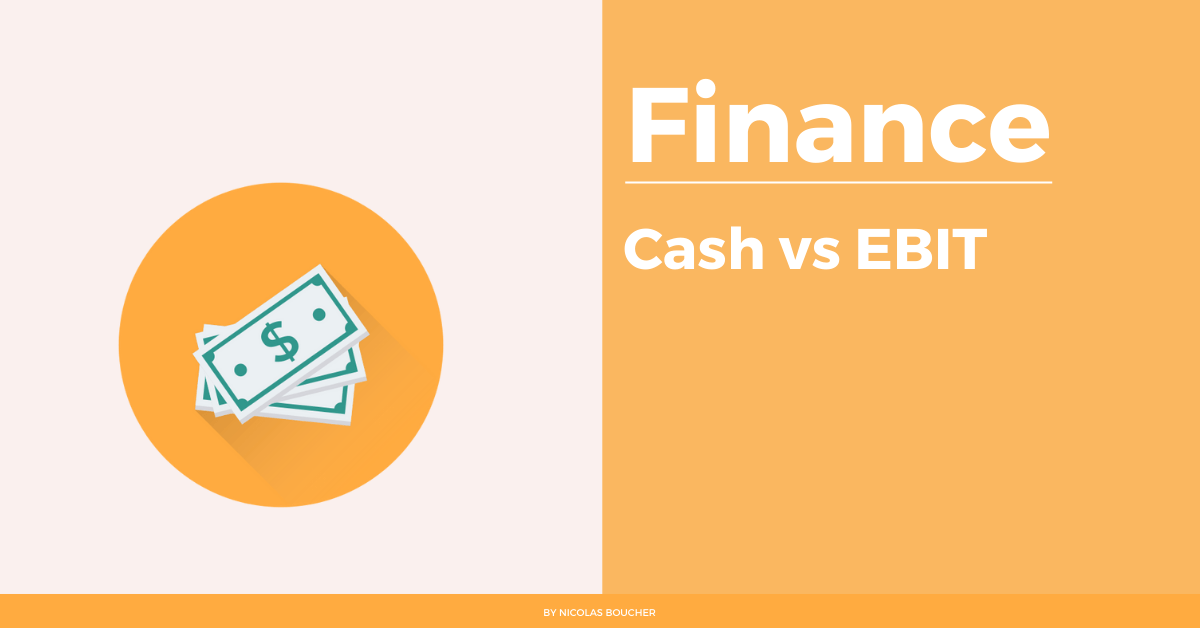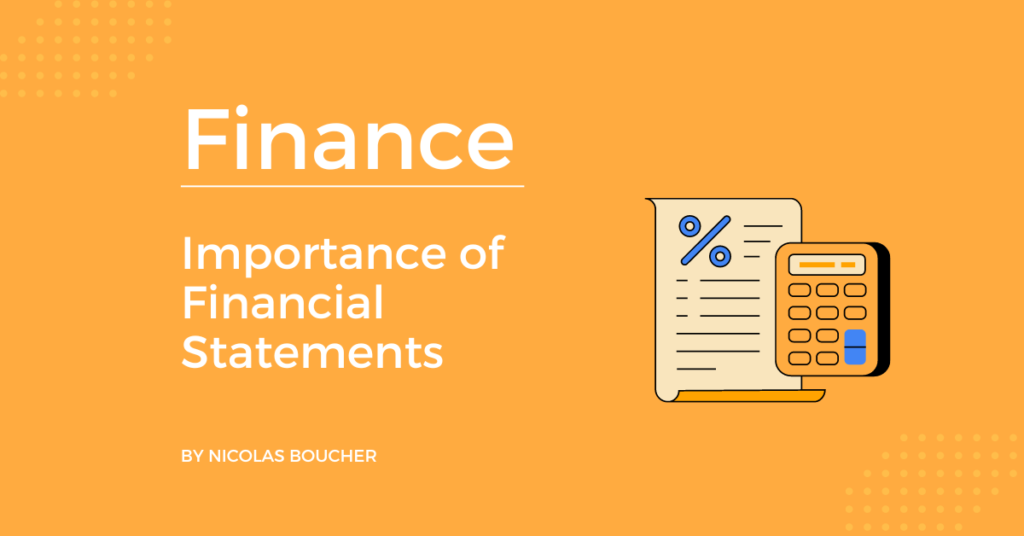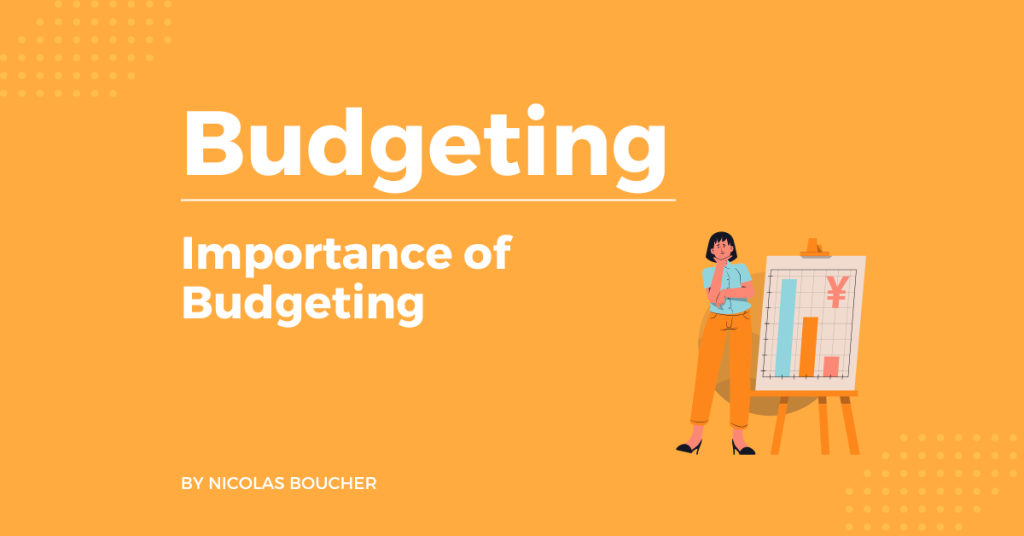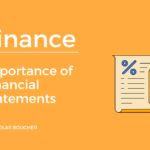Do you know the differences between Cash vs EBIT?
For any business, managing finances is crucial for success.
Two metrics that are often used to measure a company’s financial health are cash and EBIT.
While these terms may seem similar, they have distinct differences that are important to understand.
Today, we will explore the definitions of Cash and EBIT, as well as the five key differences between them.
By understanding these differences, businesses can make informed decisions about their finances and position themselves for long-term success.
Table of Contents
Definitions of Cash and EBIT
Cash is the actual money a company has on hand.
Cash flow is the difference between cash inflow and cash outflow over a specific period. It represents the net change in a company’s cash balance.
Additionally, cash is a tangible asset that can be used to pay bills or make investments.
EBIT, or earnings before interest and taxes, is a measure of profitability that expresses the difference between revenue and expenses over a period, excluding interest and taxes.
EBIT takes into account a company’s operating performance without considering the impact of financing and tax-related decisions.
Key Differences of Cash vs EBIT
Here are the main distinctions between Cash and EBIT.
#1: Tangibility and Accounting
Cash is a tangible asset that you can use to pay bills or make investments, while EBIT is an accounting metric that measures a company’s profitability.
Cash is a physical asset that you can count, while EBIT is an abstract concept that you can calculate using accounting principles.
#2: Timing and Stability
Factors such as the timing of payments or collections can impact cash.
On the other hand, EBIT is a more stable metric that is not as susceptible to timing differences.
Cash flows can vary significantly depending on when payments are received or made.
But, EBIT is calculated based on revenue and expenses over a period of time, which reduces the impact of timing differences.
#3: Short-Term and Long-Term
Cash is important for short-term liquidity, while EBIT is important for evaluating long-term profitability.
Also, cash is necessary for paying bills and meeting short-term obligations.
On the other side, EBIT provides insight into a company’s long-term financial health and ability to generate profits.
#4: Simplicity and Complexity
Cash is more straightforward and easier to understand than EBIT.
However, various accounting treatments and other factors can have an influence on EBIT, making it more complex.
#5: Operational and Financial Decisions
Factors such as inventory management or capital expenditures can impact cash, while these operational decisions don’t affect EBIT.
Furthermore, a company’s operational decisions can impact cash flow, such as how much inventory to keep on hand or how much to spend on capital expenditures.
On the other hand, these decisions do not affect EBIT, as it only takes into account a company’s revenue and expenses.
Example of the Differences
To illustrate these differences, let’s consider an example.
Suppose a company has a positive EBIT of $500,000 for the year, but its cash balance decreased by $50,000 due to investments in inventory and equipment.
In this case, the company’s EBIT shows that it is profitable, but its cash flow indicates that it is spending more than it is earning.
This highlights the importance of considering both metrics when evaluating a company’s financial health.
The Final Verdict – Cash vs EBIT
To sum up, Cash and EBIT are two important metrics that can help businesses measure their financial health.
While they may seem similar, they have distinct differences that are important to understand.
By considering both metrics and understanding their differences, businesses can make informed decisions about their finances and position themselves for long-term success.
Ultimately, both Cash and EBIT are important for different reasons, and finding a balance between the two is key to achieving financial stability and growth.
Most importantly, do you want to become an independent finance leader? Then, this is the perfect course for you! You will transform your career in no time and increase your income!
